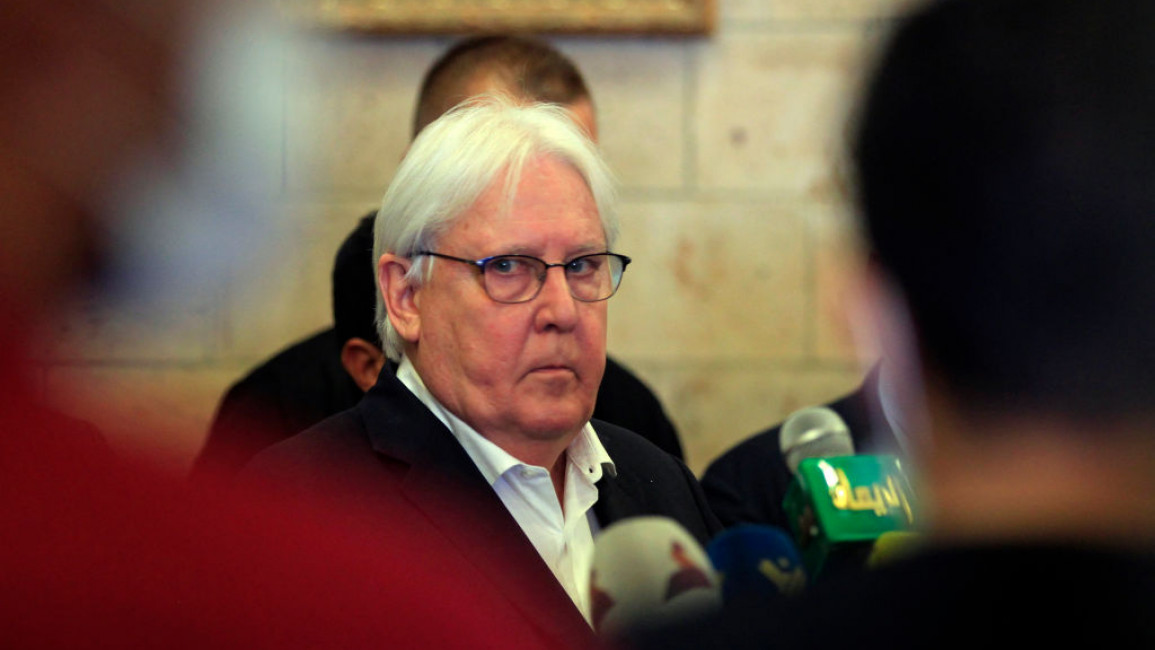Study other options to prevent Yemen tanker spill: UN envoy
The United Nations should keep negotiating with Yemen’s Houthi rebels but also look at other possible options to ensure that an oil tanker moored off the war-torn country’s coast loaded with more than 1 million barrels of crude oil doesn’t rupture or explode causing an environmental catastrophe, the UN envoy for Yemen said Tuesday.
Martin Griffiths told reporters after his final briefing to the UN Security Council that the Houthis’ delay in allowing a technical assessment of the tanker, the FSO Safer, is “frustrating,” especially for people whose livelihoods would be affected by an oil spill in the Red Sea.
The Iranian-backed Houthis are in control of Yemen’s western Red Sea ports, including Ras Issa, 6 kilometres (3.7 miles) from where the Safer tanker has been moored since the 1980s.
Internal documents obtained by The Associated Press in June 2020 showed that seawater had entered the engine compartment of the tanker, which hasn’t been maintained for over six years, causing damage to the pipelines and increasing the risk of sinking. According to the AP report, experts said maintenance is no longer possible because the damage to the ship is irreversible.
The Houthis signalled their acceptance of UN technical experts deploying to the tanker on July 5, 2020, but Griffiths said they want the technical mission “to actually repair the tanker and not just assess and do the small repairs that are maybe needed to stabilise it.”
He said the UN position is that an assessment must be done first to determine what repairs need to be done.
“It’s a miscommunication going both ways,” Griffiths said, adding that the UN is trying hard to stick to the agreements with the Houthis and continues to be frustrated.
Griffiths will shortly become the UN’s new humanitarian chief and in that job, which he will start sometime in July, he said he will have “a more accountable role on this rather than an observer."
In addition to trying to make the technical mission work, he said, “I think we should also look at what are the options.”
Griffiths said he didn’t want to go into any detail about possible options, but added “there are lots of offers.”
“I was in Tehran the other day. The told me about an offer from Iran to perhaps help by providing a replacement tanker,” he said. “There are commercial private sector efforts to look at a different way of doing this.”
“We’re focused on trying to make this thing happen at the moment, but ... you’d be stupid if you didn’t also look over the horizon and say, `Is there a better way to do this?’” Griffiths said. “If there’s a quicker way to do it, we should all be happy.”



